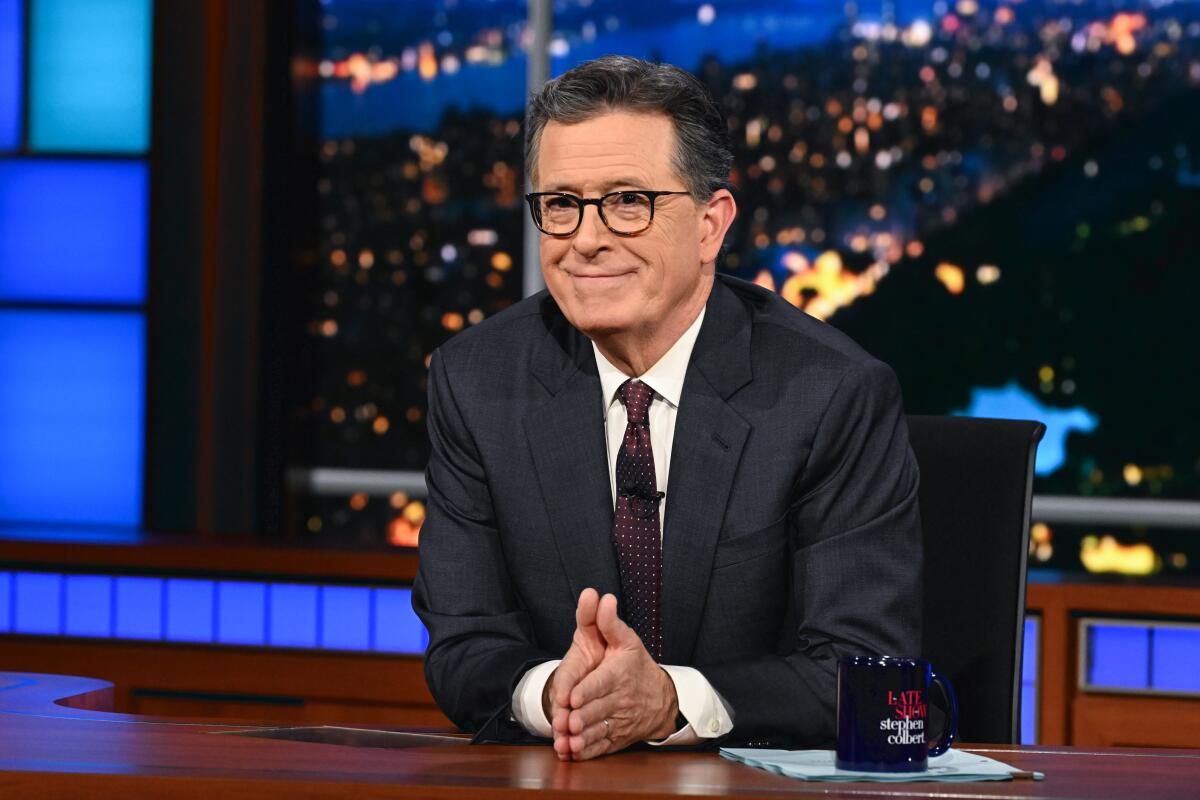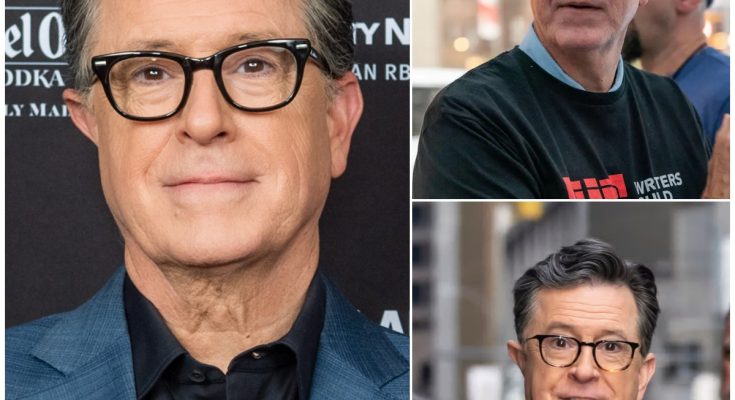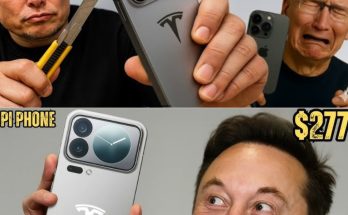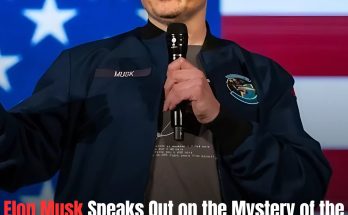The air in CBS’s Studio 50 was thick with an unspoken tension. The monologue for The Late Show had been rewritten three times, a key political segment was abruptly cut, and the host, Stephen Colbert, seemed unusually cold.
But the real drama wasn’t happening in front of the audience; it was happening in the seconds before the cameras rolled, when a secondary boom mic, left hot by mistake, captured eight quiet words that would soon detonate like a bomb inside the media world.
“They don’t want the truth. I’ll say it.”

The words were spoken softly, without a trace of sarcasm. It wasn’t a joke. It wasn’t a bit. It was a calm, deliberate statement of intent from a man who thought no one outside the control room was listening. A junior audio engineer archived the clip, and within 48 hours, it had been leaked to a private Discord server. By the next morning, it was everywhere, and CBS was engulfed in a full-blown crisis.
The leak of Colbert’s off-air comment lit a fire under a story that the network had desperately tried to control: the recent, unceremonious announcement of his show’s cancellation. Colbert’s words gave voice to what millions of his fans already suspected—that his removal was not simply a business decision, but an act of silencing. The ambiguity of his statement only made it more powerful. Was he referring to CBS? To corporate pressures? Or to a specific story they had killed?

As hashtags like #LetColbertSpeak trended globally, the network’s response was a case study in panic. A scheduled Friday interview with Colbert was suddenly canceled. A producer’s meeting was moved off-site. And for a crucial 72-hour period, the network offered no comment, a silence that screamed louder than any press release could have.
Then, a second clip surfaced. This one, a grainy video from a private rehearsal, showed Colbert pacing an empty stage. He stops, looks up as if addressing an unseen executive, and says quietly, “If they mute the show, I’ll say it without them.”
If the first clip was a spark, the second was gasoline. It confirmed that Colbert’s defiance wasn’t a momentary slip; it was a premeditated stance. The image took root: a veteran host, muzzled by the very machine he helped build, now turning a single, rogue

The fallout was swift and severe. Three major advertisers reportedly paused their ad buys with CBS, citing “creative integrity concerns.” Internally, the network was in chaos. A mid-level technical director was quietly placed on administrative leave, a clear scapegoat for the leak. Staff emails obtained by reporters revealed a state of confusion and fear, with emergency meetings being called to establish a “containment” strategy.
But you cannot contain a story that the public has already claimed as its own. Fans began to dissect every frame of the leaked footage, creating a crowdsourced investigation into what “truth” Colbert was being prevented from telling. Theories linked his statement to CBS’s recent controversial settlement with Donald Trump and the contentious Paramount-Skydance merger. The public had become convinced that they were witnessing a corporate cover-up in real time.
The story is a powerful testament to the shifting dynamics of media power. A decade ago, a network could have buried a story like this. But in an age of screen recordings, international file dumps, and a digitally-native audience that distrusts institutional narratives, their attempt at erasure only amplified the message. A phrase reportedly scrawled on a production whiteboard before being wiped clean captured the situation perfectly: “They wanted silence. What they got was history.”
Stephen Colbert has remained publicly silent throughout the ordeal. But in a brief encounter with a local reporter, as he was stepping into his car, he offered the only confirmation the world needed. He said nothing, but looked directly at the camera and smiled—a familiar, knowing smirk that said everything. The network may have canceled his show, but they have unintentionally given him the biggest and most compelling story of his career, with themselves as the unwilling subject.



